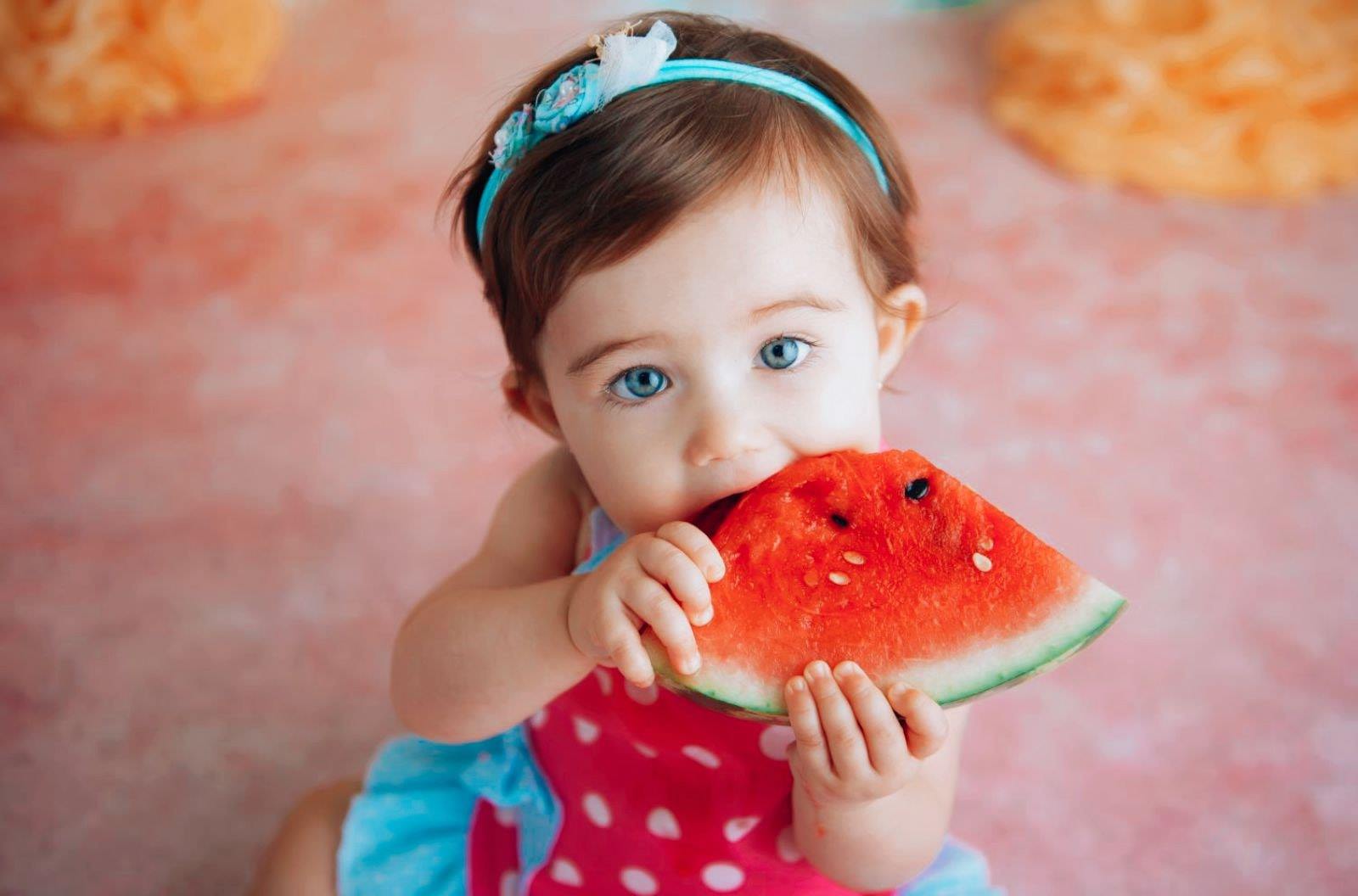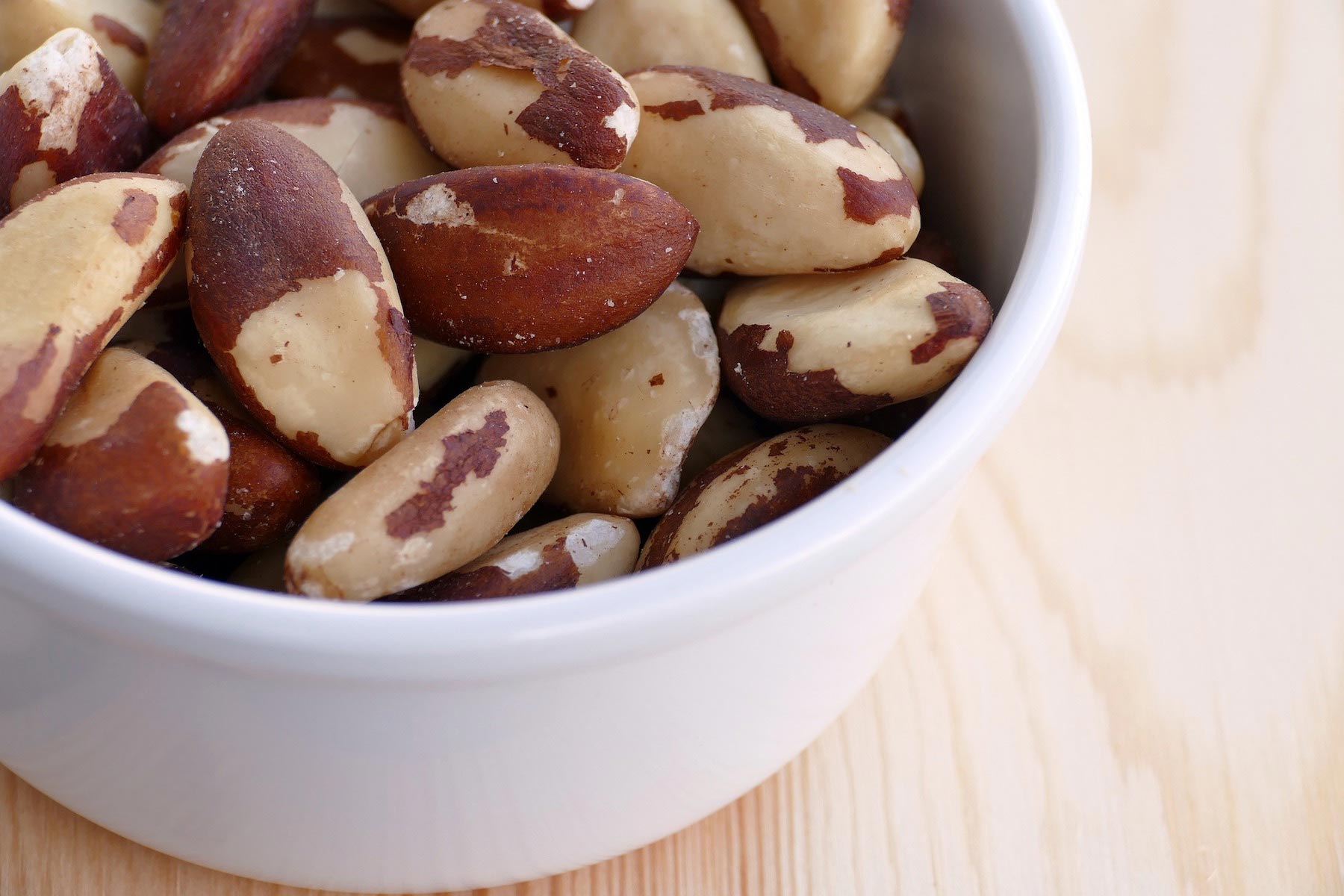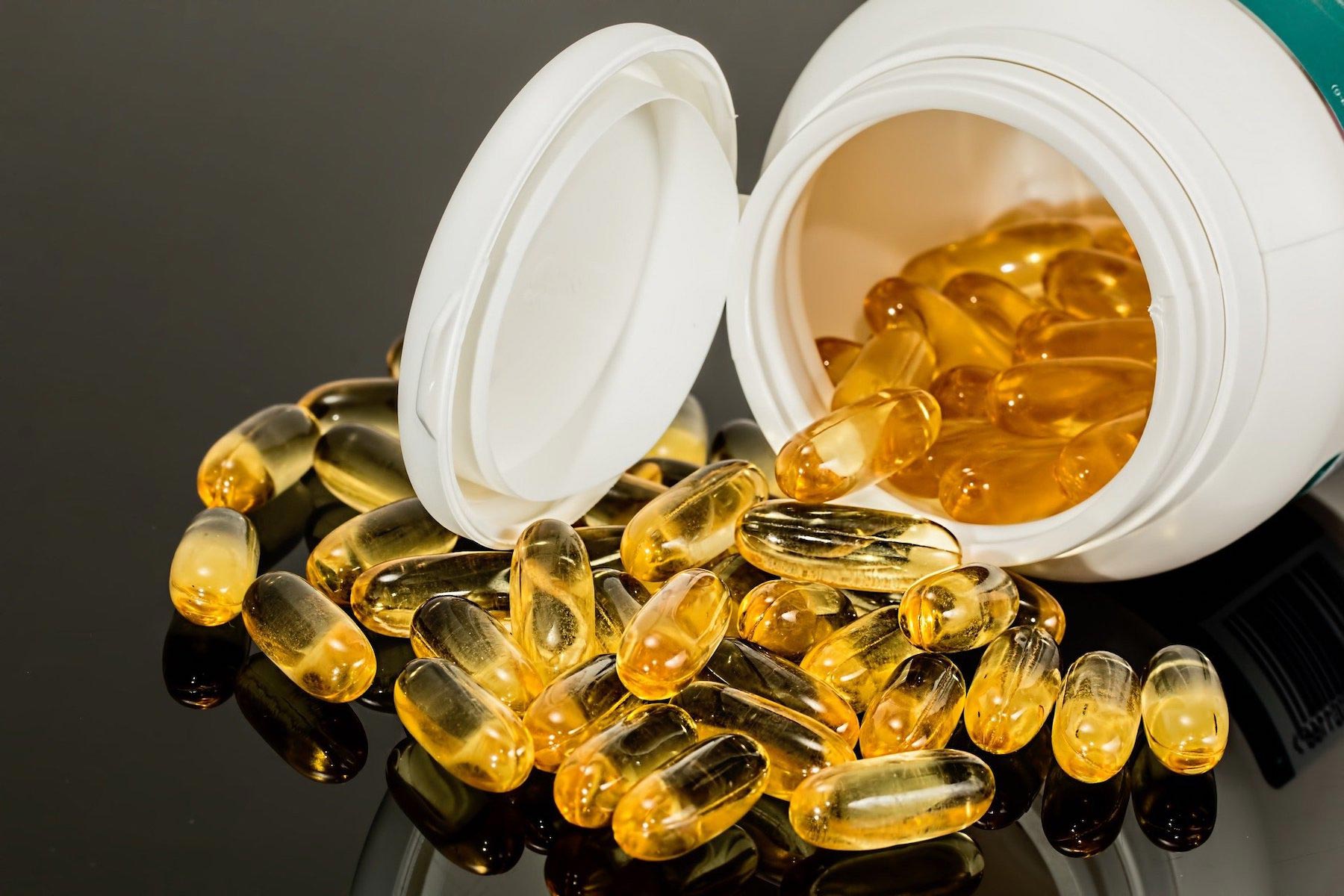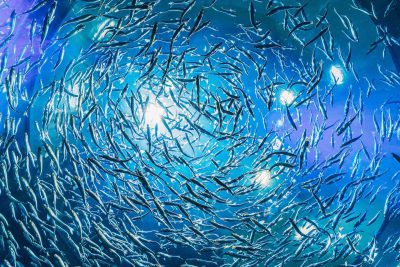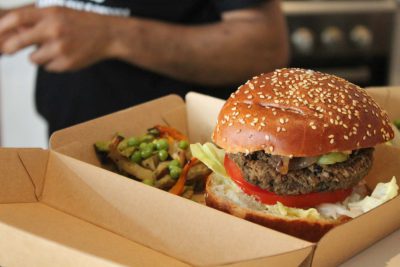Reading time: 8 minutes
A common misconception of the vegetarian and vegan diets is that you need to take a load of supplements to stay healthy. This is not the case, and all the nutrients you need – with perhaps the exception of vitamin B12 – can be easily found in both the vegan and vegetarian diet.
What Is A Vegetarian?
A vegetarian is someone who has chosen to stop eating meat and fish products, but may still consume animal products such as dairy or eggs. We prefer to call them ‘soon to be’ vegans!
We believe the vegetarian diet is a great stepping stone to the ultimately healthier and more ethical vegan diet and it is often recommended as a good way to ease into your vegan journey. Although, with our 31 day vegan challenge, going vegan straight away has never been easier.
Types Of Vegetarian Diets
There are a few variations on the vegetarian diet. There are ovo-vegetarians (who eat eggs but not flesh or dairy), lacto-vegetarians (who eat milk but not flesh or eggs), pescatarians (who aren’t really vegetarians at all as they eat fish) and flexitarians (those trying to reduce their meat intake, may only eat on weekends for example).
There really is only one diet when it comes to cutting out animal products and that is the vegan diet. Vegetarianism and its variations can be a great stepping stone to a vegan diet, but eventually we should all be looking to cut all animal products from our diet.
Is It Safe To Become A Vegetarian Or Vegan?
Absolutely, in fact we think it’s the far safer option, particularly being vegan. By cutting out animal products we are reducing our risk of heart disease, type two diabetes, and some cancers.
A well planned whole food vegan diet provides all the essential vitamins and nutrients we need, with the exception of b12, which can be found in various fortified foods. That’s a pretty good trade-off for a reduced risk of disease and a longer life, in our book.
Is It Safe For a Pregnant Person to Become Vegetarian Or Vegan?
Absolutely. The American Dietetics Association (now the Academy of Nutrition and Dietetics) has declared that well planned vegetarian and vegan diets are healthful and nutritional for all stages of life, including infancy and pregnancy.
Is It Safe For Children and Babies to Become Vegetarians or Vegans?
Veganism and vegetarianism are most definitely safe for children and babies. It is of course important to be well prepared and plan effectively.
This guide from plant-based health professional Miriam Martinez-Biarge should be everything you need!
What Vitamins May Vegetarians Be Missing In Their Diet?
There are a number of key vitamins and minerals that are essential for good health and must be consumed in any diet! All of these are prevalent in plant-based foods, so it is just a case of knowing what foods to go for and how often. This couldn’t be easier on a vegetarian or vegan diet.
Vitamin B12
This is the only vitamin that is necessary to supplement on a vegan or vegetarian diet. This is often held up as a reason why these diets are not healthy but this is frankly, fake news.
Vitamin B12 is naturally only produced by bacteria. These bacteria are present in the gut of organisms, meaning B12 is consumed by humans when we eat the flesh of animals. B12-producing bacteria are most common however in soil and we get some of it when we eat unwashed vegetables. But, most of us don’t want to eat dirt, and the soil may have contaminants in it, too, and so the easiest option is to take a supplement or eat B12-fortified foods such as plant milks, nutritional yeast, tempeh and tofu. Not a huge trade-off for saving animals’ lives and living healthier lives ourselves, hey? Besides, more than 75 percent of Americans have taken supplements in the last 12 months, so one a day is hardly abnormal.
Weakness and fatigue are common symptoms of a B12 deficiency, so whatever diet you choose, look out for these and see a doctor if you suspect you are deficient.
Vitamin D
Vitamin D is essential for a healthy life, but needs only be supplemented by those who live in countries that don’t get much sunlight (northern latitudes).
For those lucky enough to live in sunny climates, it’s less about what you eat and more about getting out in the sunshine (while making sure you also take care of your skin!). Getting outside is key, as windows will block the essential ultraviolet B rays required for us to make vitamin D. If you live in an area with naturally low sun exposure, make sure you eat plenty of tasty mushrooms, as well as fortified foods such as plant milks.
Iron
Iron deficiency is no joke, so it’s important that all of us, regardless of diet, are aware of our iron intake. Symptoms can include fatigue and anemia.
Vegetarians and vegans often come under fire for not getting enough iron, but iron deficiency from both diets is actually rare because there are so many plant-based sources of iron. Reach for any of the following for your daily iron intake: leafy greens, legumes (beans, lentils, and peas), tofu, quinoa, brown rice, tahini, pumpkin seeds, sunflower seeds, blackstrap molasses, dried fruit, oatmeal, cabbage, and tomato juice.
Make sure you pair iron-rich foods with vitamin C-rich foods to maximize iron absorption.
Calcium
Calcium has long been associated with cows’ milk because the dairy industry falls over backwards to tell us how we need milk for strong bones. But we don’t need milk, we need calcium, and milk is not the only source.
And there are good reasons to choose plant sources. Aside from the fact that cows produce milk for their 200-pound baby calves, not humans, research suggests a link between high milk intake and prostate cancer and also breast cancer.
So, plant-based sources of calcium are best for us and cows. Leafy greens like kale, bok choy, mustard greens, broccoli and spinach are particularly calcium-rich but most whole vegetables have some calcium. Try beans, dried apricots, sesame seeds, tahini, almonds, Brazil nuts, dried figs and oranges. We can also take advantage of fortified milks and yogurts to top up those calcium levels.
Zinc
Zinc is crucial for the immune system and constructing our DNAso it is important we get enough of this life-building vitamin. Zinc deficiency is thankfully rare in North America, as it is present in most protein-based foods.
These include: beans, peas, and lentils; nuts and seeds; and soy products like tofu and tempeh.
Omega-3s
Omega-3s are famous for promoting brain function and longevity. Often associated with fish oils, these essential fatty acids can easily be obtained from plants. In fact, this is exactly what the fish have already done, so why not cut out the go-between and spare the fish!
Fish obtain omega-3s from the algae and seaweed in their diets, so we can do exactly the same by consuming delicious seaweed products. Other great sources include leafy green vegetables, walnuts, rapeseed oil, ground flaxseed and flaxseed oil, soybeans and tofu.
Selenium
Did you know that one Brazil nut provides well over your daily requirement of selenium? None of us should have any issues getting enough selenium when it’s that easy! Selenium lowers oxidative stress in the body, meaning it is great for boosting immunity, a crucial factor in a healthy lifestyle.
For those with a nut allergy (or if you simply don’t like them) reach for tofu, wholewheat pasta or mushrooms for your daily dose of selenium.
Magnesium
Low magnesium intake is associated with increased inflammation, which can lead to a variety of health risks including heart disease and osteoporosis.
Fear not however, as delicious treats like dark chocolate can provide a healthy chunk of our daily magnesium intake. Other sources include avocados, nuts and bananas. What’s not to love?
Iodine
Non-vegans usually get their iodine from the disinfectants used to clean milking machinery on farms. The iodine residue contaminates the milk. If this doesn’t sound appealing, then there are plenty of vegan sources of iodine. There are small amounts in most vegetables but this depends on the soil they were grown in, so there is no way of telling how much we are getting.
An easy way to ensure we are getting enough is eating brown seaweed once a week, or using iodized salt (for those with healthy blood pressure). If neither of these options suit you, then a supplement will do just fine!
How To Know If You Need To Take Vitamins?
If you have any concerns, the simplest answer is to take a blood test. A doctor will be able to tell you if you are deficient in any vitamins. If you are, supplements are a really good way of quickly and easily boosting levels, but there is no need to get to that point. Eat a balanced whole food plant-based diet, and to be safe, take a daily vitamin b12 supplement and your nutrition should be just fine.
What should you be looking for on a vitamin label?
First, always check whether vitamins are vegan-friendly. Sometimes, vitamins are derived from animal sources or they come in a capsule that contains animal products. There are always plant-based sources available, so look for these.
Second, check that they are suitable for you to take particularly if you are pregnant or have any underlying health conditions. In these cases, consult your doctor before trying any new supplements.
Sometimes, the source of the vitamin can vary and this will affect the results. Calcium for example, comes in two forms: calcium carbonate and calcium citrate. Both have different benefits and drawbacks, so be sure to choose the one that suits you best.
Finally, check the daily dose, and whether you should take the supplement with food. Many vitamins require stomach acids for optimal absorption, so should be taken with a meal.
Conclusion
Vegan and vegetarian diets are completely safe and supplements are usually only required in the case of deficiencies. Vitamin B12 is the only vitamin that must be consumed from either fortified foods several times a day or by a supplement, and considering over three quarters of Americans have taken supplements in the past year, this is no biggie.
The key message is to always listen to your body and always see a doctor if you are worried about a vitamin deficiency. A simple blood test will tell you all you need to know and you can begin planning all the vitamin rich additions you can make to your diet.
There are so many delicious and easy plant-based sources of the vitamins talked about here – so meat and dairy is never necessary to meet your vitamin needs!

